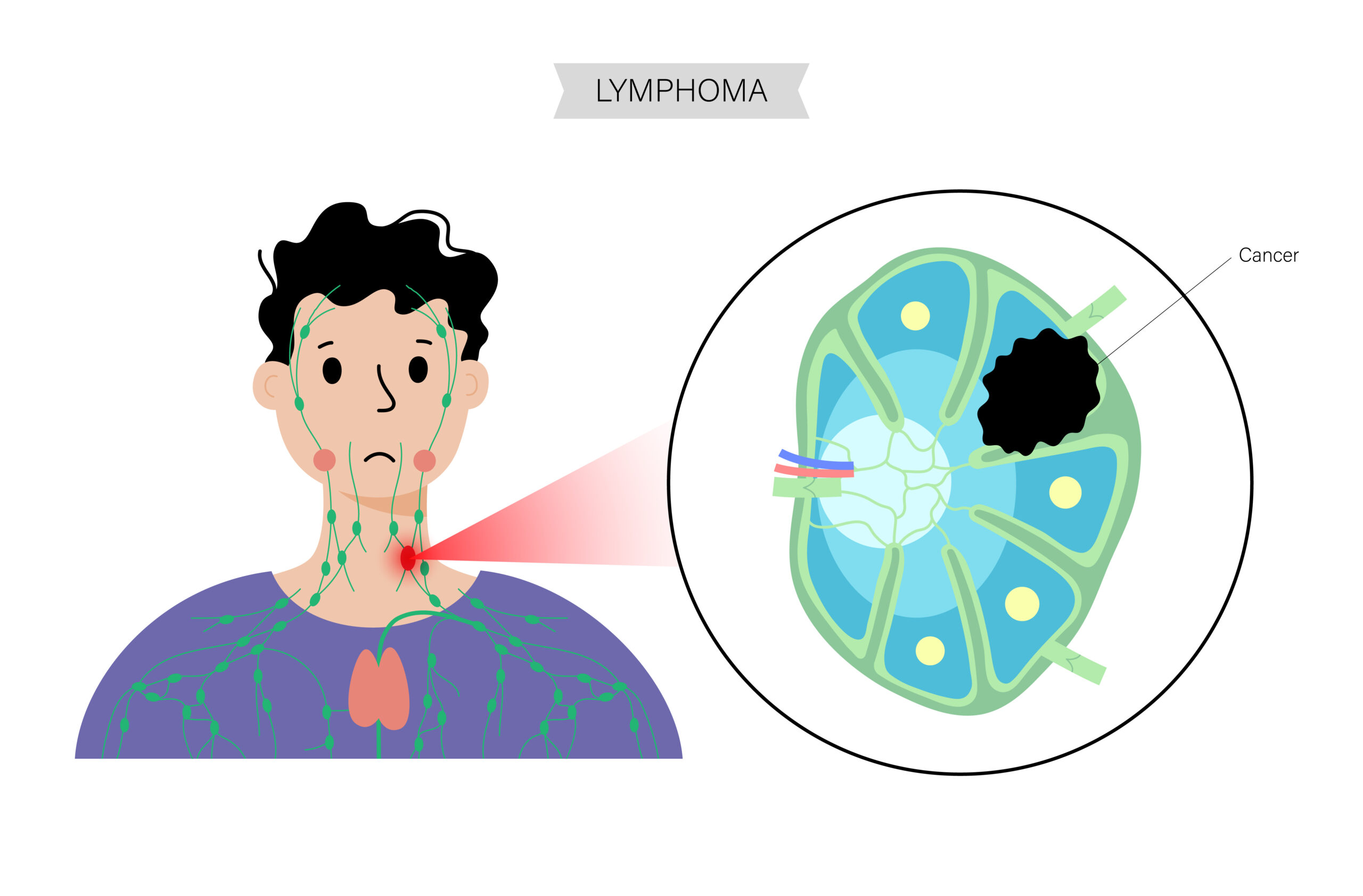What is Burkitt Lymphoma?
Burkitt Lymphoma is a fast-growing type of non-Hodgkin lymphoma. It affects the lymphatic system, which helps fight infections. Many people ask, “What is Burkitt Lymphoma?” It is a cancer that starts in white blood cells called lymphocytes. Because it grows quickly, early detection is important. Burkitt Lymphoma can affect both children and adults. However, it is more common in children. Understanding Burkitt Lymphoma symptoms and treatment options can help you seek care sooner.
Key Facts and Statistics
Knowing the main facts about Burkitt Lymphoma can help you stay informed. Here are some important points:Burkitt Lymphoma is rare but aggressive.It makes up about 1-2% of all lymphatic cancers worldwide (WHO).It is more common in boys than girls.There are three main types: endemic (African), sporadic, and immunodeficiency-related.Endemic type is most common in Africa and linked to the Epstein-Barr virus.With early treatment, many patients can recover.
Symptoms and Early Signs
Burkitt Lymphoma symptoms can appear suddenly. Because the disease grows fast, you may notice changes quickly. Watch for these early signs:Swelling in the neck, jaw, or abdomenPain or a feeling of fullness in the bellyUnexplained weight lossFever or night sweatsFatigue or weaknessLoss of appetiteIn some cases, trouble breathing or swallowing
If you notice these symptoms, especially if they appear quickly, see a doctor soon. Early action can make a big difference.
Causes and Risk Factors
Doctors do not know the exact cause of Burkitt Lymphoma. However, some factors can raise your risk. For example, infection with the Epstein-Barr virus (EBV) is linked to the disease, especially in Africa. In addition, people with weakened immune systems, such as those with HIV/AIDS, have a higher risk. Other possible risk factors include:Living in areas where malaria is commonHaving certain genetic changes in the lymphocytesBeing male (boys are more often affected than girls)
Still, most people with these risk factors do not develop Burkitt Lymphoma.
Diagnosis Methods
Doctors use several tests to diagnose Burkitt Lymphoma. First, they will ask about your symptoms and health history. Next, they may do a physical exam to check for swollen lymph nodes or organs. Common diagnosis methods include:Blood tests to check for abnormal cellsBiopsy, where a small sample of tissue is taken and examinedImaging tests, such as CT scans or MRIs, to see inside the bodyBone marrow tests to check if the cancer has spread
Early diagnosis helps doctors start treatment quickly, which can improve the Burkitt Lymphoma prognosis.
Treatment Options
Burkitt Lymphoma treatment usually starts soon after diagnosis. Because the disease grows fast, quick action is key. Treatment options may include:Chemotherapy, which uses strong medicines to kill cancer cellsTargeted therapy, which attacks specific parts of cancer cellsImmunotherapy, which helps the body’s immune system fight cancerSupportive care, such as fluids and medicines to manage side effects
Most patients need to stay in the hospital during treatment. With the right care, many people recover well. However, treatment plans depend on age, health, and how far the cancer has spread.
Prevention and Lifestyle Guidance
There is no sure way to prevent Burkitt Lymphoma. However, you can lower your risk by taking care of your health. For example, managing HIV infection and avoiding exposure to malaria can help. In addition, regular check-ups can help catch problems early. Healthy habits, such as eating well and staying active, support your immune system. While these steps cannot guarantee prevention, they can improve your overall health.
When to See a Doctor
If you notice any symptoms of Burkitt Lymphoma, do not wait. See a doctor if you have:Swelling in the neck, jaw, or belly that does not go awayUnexplained weight loss or feverNight sweats or ongoing fatigue
Early medical advice can lead to better outcomes. Remember, only a healthcare specialist can diagnose and guide you about Burkitt Lymphoma.
Consult a healthcare specialist for personalized advice on Burkitt Lymphoma.
